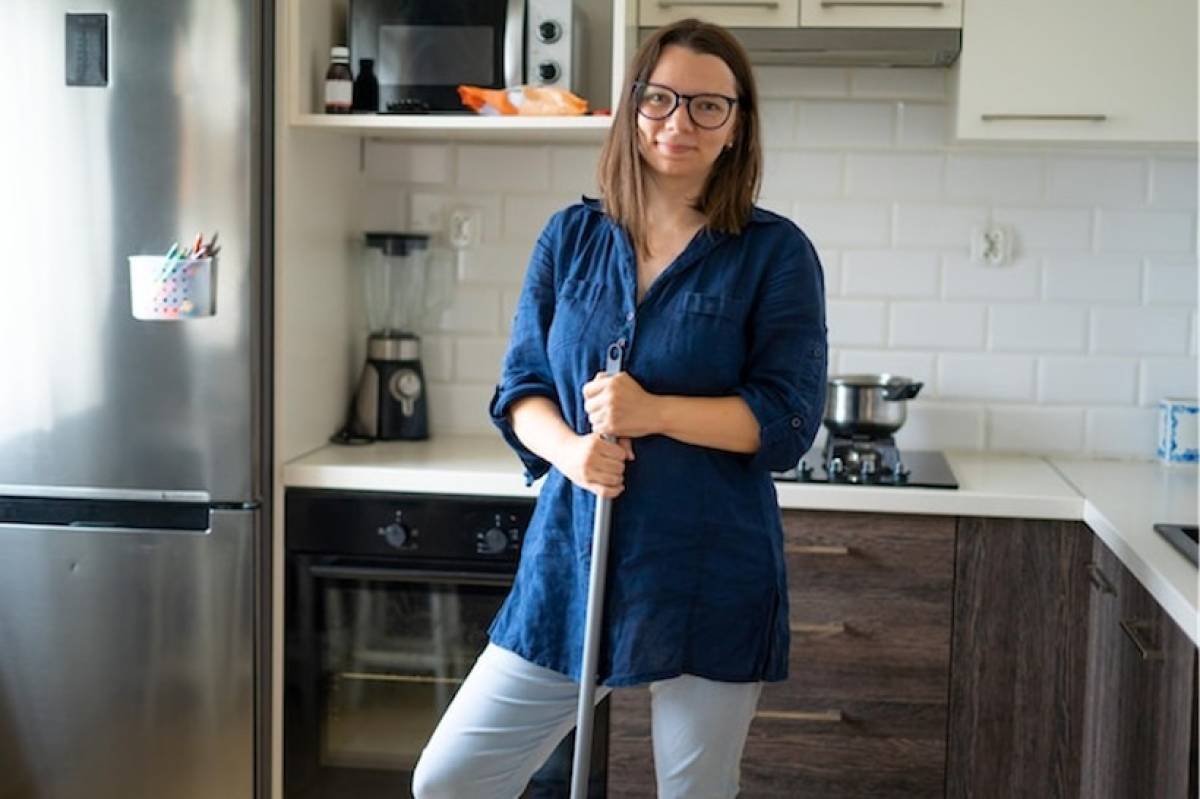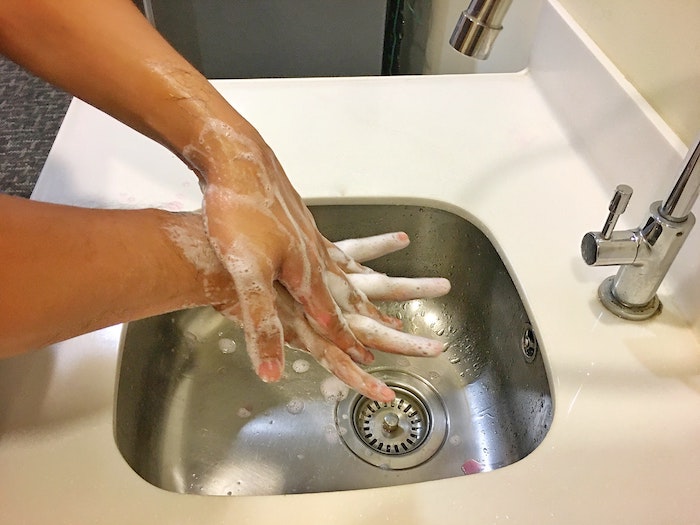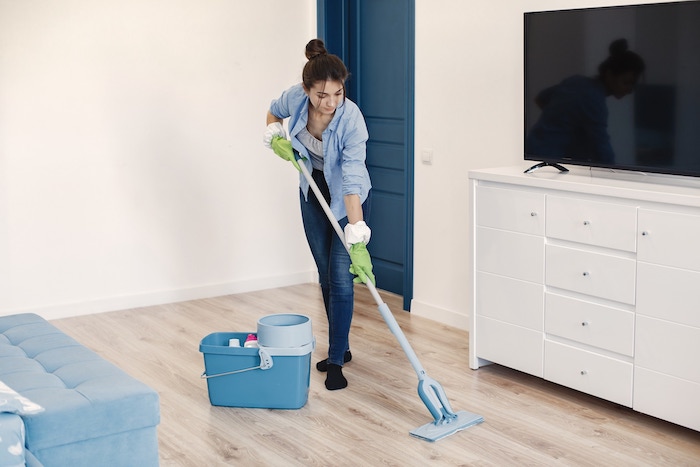How Do You Limit the Spread of Germs in Your Home? Quick Tips

Countless households could stand to crack down on germs.
Without even realizing it, many of us regularly engage in behaviors that make ourselves and those around us more susceptible to various germs and viruses.
Furthermore, with an active pandemic well into its third year, minimizing the spread of germs in our homes has become more important than ever.
Here are some essential tips for anyone looking to turn their residence into a clean zone and limit the spread of germs:
1. Get Behind Proper Handwashing Practices

Embracing proper handwashing practices can go a long way towards curbing the spread of germs in your household. Unfortunately, due to years of doing things the improper way, many of us routinely fail to sufficiently clean our hands.
To start with, make sure to rinse your hands under warm water. Next, lather them up with antibacterial hand soap. When lathering up, make sure to get the backs of your hands, as well as the spaces between your fingers and under your nails. Next, proceed to scrub your hands under warm water for at least 20 seconds. Depending on how dirty your hands are or how much germ exposure you’ve faced, you may need to repeat this process.
In addition to getting onboard with proper handwashing practices, you’ll need to make sure that the other members of your household do the same. After all, it only takes one person to make an entire household sick.
Proper handwashing is particularly important for children, who oftentimes fail to recognize the dangers synonymous with germ-riddled hands. And as many parents can attest, getting young children to wash their hands can be a chore and a half.
That being the case, it’s important that you lead by example, educate them on the dangers of unclean hands and instruct them on the right way of doing things.
2. Take Care to Clean on a Regular Basis

Certain areas of our home are more prone to germ and bacteria buildup than others. Kitchens and bathrooms, for example, tend to be breeding grounds for germs – especially in the absence of regular cleaning. With this in mind, make a point of cleaning germ-prone areas on a regular basis.
Depending on how much dining and food prep take place in your kitchen, you may need to clean this area daily, paying special attention to surfaces that have come into contact with raw meat, poultry, or eggs. Furthermore, make a point of promptly washing all dirty dishes – or at least loading them into the dishwasher – as the longer they sit out, the more germs are liable to spread.
You should also give any bathrooms in your home a thorough scrubbing at least once a week, again paying special attention to the surfaces. Given how much use the average bathroom gets, regular cleanings are required to minimize the spread of germs and prevent the formation of mold, mildew and assorted bacteria.
3. Avoid Contact with Contagiously Sick Individuals
The highly infectious nature of the novel coronavirus and its growing assortment of variants means that contact with an infected individual stands to make your entire household sick.
As such, it’s in your best interest to avoid in-person interactions with people who are infected with COVID-19 and other infectious diseases. Even if someone has a mild or asymptomatic case of the virus, this should not be taken to mean that the people they infect will be as fortunate.
So, even if it means getting on the wrong side of an infected friend, family member, neighbor or coworker, you should never allow yourself to be pressured into in-person interactions with someone suffering from COVID-19 – regardless of how persuasive an argument they put forth.
Furthermore, this rule doesn’t only apply to COVID. For the sake of your health – and the health of everyone in your household – avoid interacting with people who are in the process of fighting off any contagious illness, and make sure the other members of your household do the same.
In Conclusion
Although many of us seek to keep germ-free homes, we often fall well short of this goal. Unsurprisingly, the more people reside in a household, the harder keeping germs at bay is liable to prove.
However, while it may present some challenges, limiting the spread of germs in your home should be well within your abilities. So, if your current germ-avoidance methods aren’t up to snuff, it’s high time you got a handle on the situation.
In the fight against household germs, the pointers outlined above are likely to prove very useful.




















